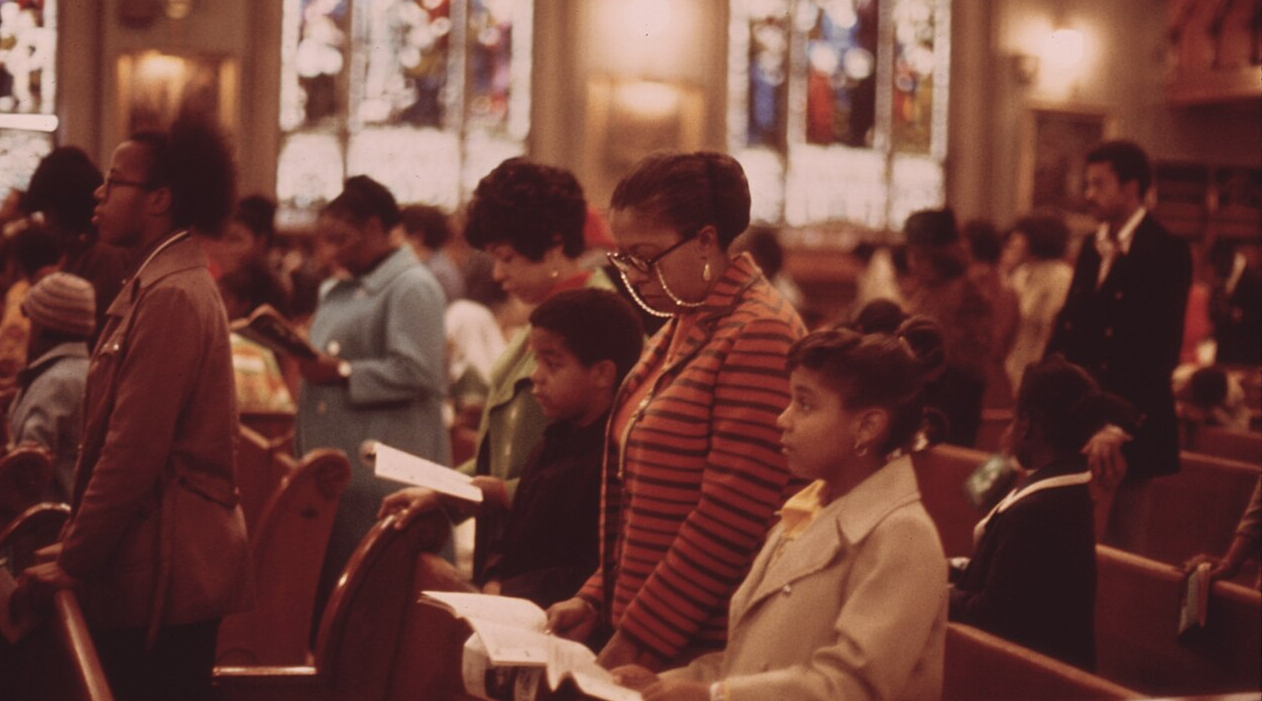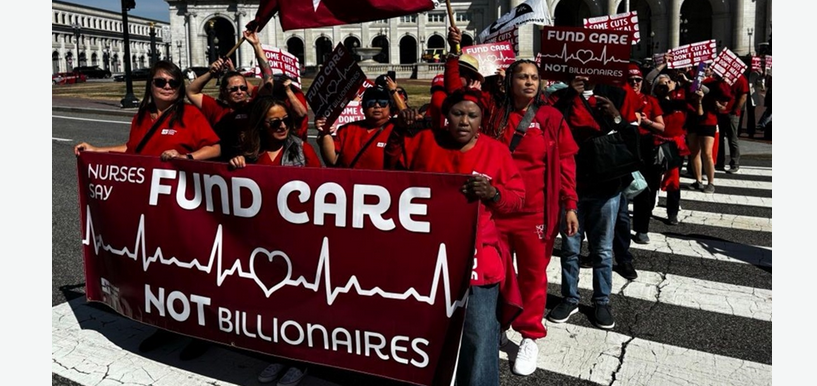Photos: YouTube\Revcom
On Wednesday, news broke that the bipartisan negotiations on police reform, being spearheaded by New Jersey Senator Cory Booker, California Rep. Karen Bass, and South Carolina Senator Tim Scott had collapsed after months of negotiations.
It now seems clear that disagreements regarding qualified immunity was not the only stumbling block in reaching an agreement. Both Bass and Booker released statements yesterday regarding the failed negotiations on police reform.
In her statement, Rep. Bass, among other things, called for President Biden to do everything in his “constitutionally-mandated power to bring about meaningful police reform.” Here is Bass’ full statement:
“More than 200 days ago, the House of Representatives passed the most comprehensive piece of police reform legislation ever considered by the United States Congress. Since then, communities across the nation have called on the Senate to pass the George Floyd Justice in Policing Act. Galvanized by the voices of historic protests taking place in every corner of the nation and in many countries around the world, we sought to act boldly and finally address long-simmering concerns of communities who fear the very people who are supposed to protect them – reforms that would bring transparency to policing; reforms that would hold abusive police officers accountable and enhance the profession of policing; reforms that would demilitarize police in our communities and make them guardians of public safety.
“After we passed the bill for the second time in the House, I was approached by the bipartisan Problem Solvers Caucus to discuss ways that we could move forward and we made real progress in our meetings. When talks shifted to the Senate, Senator Booker and I attempted to engage all parties of goodwill to finally break the logjam there that has stood in the way of historic reform of our nation’s police departments. We developed proposals that we crafted with law enforcement, proposals crafted with activists — we even made proposals based on executive orders from former Presidents. We accepted significant compromises, knowing that they would be a tough sell to our community, but still believing that we would be moving the needle forward on this issue. But every time, more was demanded to the point that there would be no progress made in the bill that we were left discussing.
“Our sense of urgency remains, but this issue requires a re-engagement of the legislative process. With our counterparts unwilling to come to a compromise, we have no other option than to explore further avenues to stop police brutality in this country. I will not ask our community to wait another 200 days. I want to thank the President and this White House for supporting our efforts and allowing us room to negotiate while issuing policies like the one last week that impose strict limitations on when federal officers can use chokeholds and ‘no-knock warrants.”
“I now call on President Biden and the White House to use the full extent of their constitutionally-mandated power to bring about meaningful police reform.”
Senator Booker in his statement said, “The time has come to explore all other options to achieve meaningful and common sense policing reform.” Here is Booker’s full statement:
“America has a serious problem when it comes to discriminatory policing and excessive and deadly force used against communities of color. We can’t properly honor the lives of the victims of this violence if we don’t take meaningful steps to prevent future violence and deaths from occurring and make our communities safer.
“We made it clear from the beginning of our negotiations that a bill must ensure true accountability, transparency, and the policing standards necessary to bring an end to horrific incidents of violence Americans are routinely seeing — like the murder of George Floyd. After months of exhausting every possible pathway to a bipartisan deal, it remains out of reach right now, even after working collaboratively with and securing the support of policing groups like the Fraternal Order of Police and International Association of Chiefs of Police for our proposals.
“Unfortunately, even with this law enforcement support and further compromises we offered, there was still too wide a gulf with our negotiating partners and we faced significant obstacles to securing a bipartisan deal.
“The time has come to explore all other options to achieve meaningful and common sense policing reform. I will not stop fighting until we achieve change that keeps our communities and police officers safe.”







